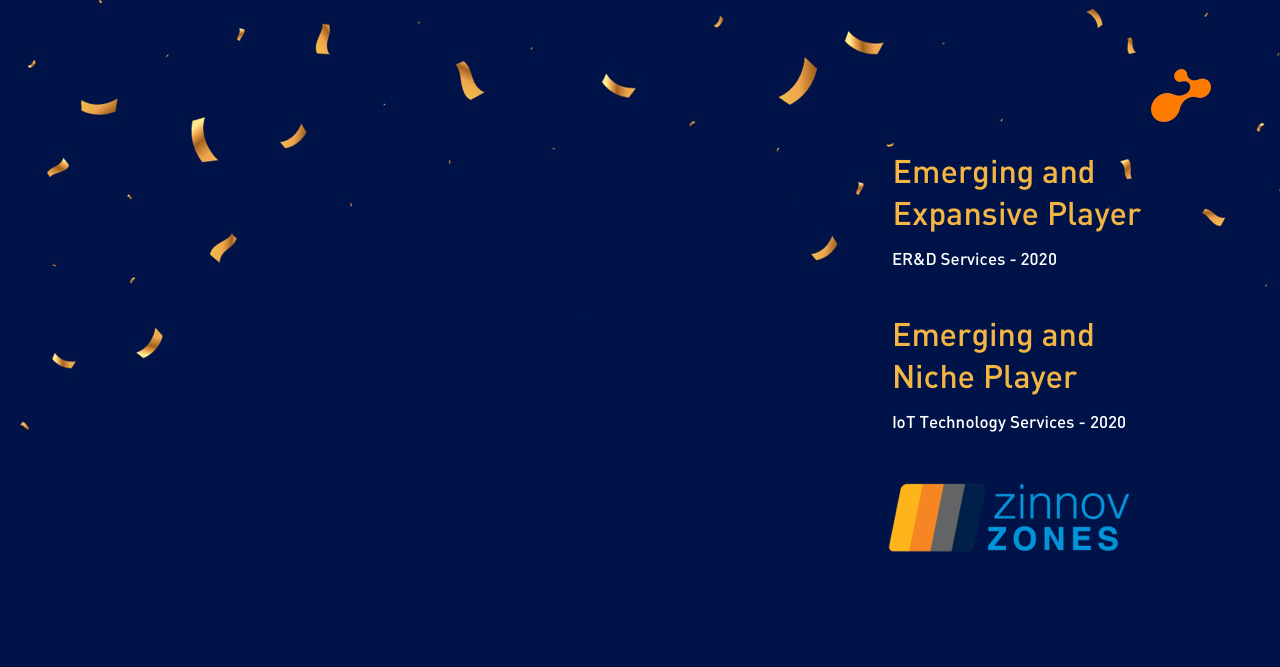For enterprises,mobile apps serve a variety of purposes –boosting enterprise productivity, improving operations, attracting new customers or improving customer experiences. When it comes to developing mobile apps, there are lot of theories, apprehensions, misconceptions and myths which sometimes make decision making more complex. There are many jargons like native apps, web apps, hybrid apps or choices like custom UI or template based UI – all such things can make things appear more complicated than reality.
From a business perspective, the requirements are usually very simple – businesses need mobile apps with highly customized user interface and user experience, apps should be developed quickly, apps should work on all available mobile platforms and any changes to the app content (after the app is launched) should be possible. Right?
In such situations, business are usually presented with two approaches:
Custom App Development:
In this approach, the app is fully developed completely to the needs of the business. The user interface and user experience is designed as per the business requirements, the app logic is developed precisely as per the requirement and the choice of mobile platforms on which the app should work is again based on the business needs.
So what are the pros and cons? Well, on a brighter side, the app gets developed ‘exactly’ as per the business requirements. The user interface is unique to the app. On the downside, the app development can take longer because everything needs to be built from scratch.
Template-based App Development:
In this approach, the app developer works with a tool which has a finite number of templates to choose from. The app developer chooses a template which tentatively fits the app requirements, selects the best fitted UI from available options and then builds the app.
The good points? The app gets developed very quickly because most of the things are ‘templatized’. On the downside, there can be a heavy compromise on user interface and user experience. The app functionality can also hamper because of limited availability of options.
In both these scenarios, if the business users want to do any changes to the app content, they need to go back to the app developer and the cycle continues.
Hybrid App Development:
In the ideal world, there should be a methodology, and we will call it ‘hybrid app development methodology’, where app developers should be able to have the best of both the worlds. They should have flexibility to incorporate custom user interface and at the same time, should be able to leverage the ‘faster app development’ benefit of the template-based approach.
TABit introduces this revolutionary way of app development; wherein businesses can get completely custom made apps – quickly. TABit also allows business owners to modify the app content without the need of any developer assistance.
Want to know more about this Editable Mobile App with Hybrid Development Approach? Connect with us!





